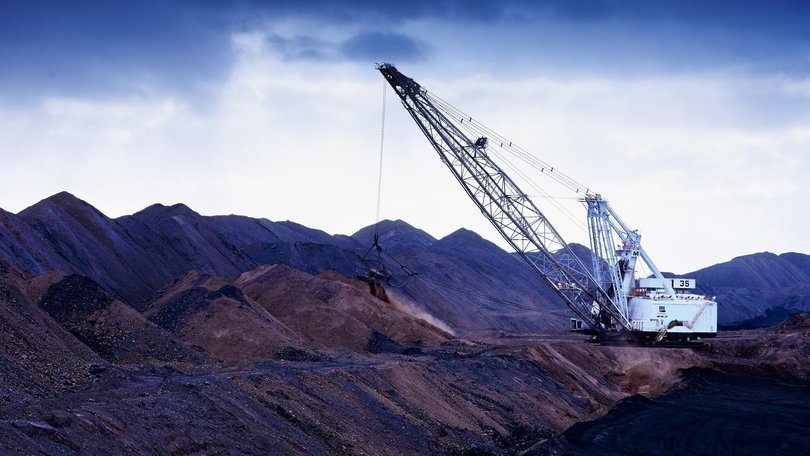Workplace umpire rules against BHP, sending shock-waves through industry and jeopardising thousands of jobs
The unions have leveraged the Albanese Government’s controversial labour hire reforms to win a landmark decision against BHP, which is set to have a ‘flow-on effect throughout the mining industry’.

Unions have used the Albanese Government’s controversial labour hire reforms to win a landmark decision against BHP, which is set to have a “flow-on effect throughout the mining industry”.
A ruling by the Fair Work Commission means BHP will now have to fork out an extra $66 million in wage rises per year to more than 2000 workers at three of its Queensland coal mines.
“Around 2200 mine workers are now in line for annual wage rises in the order of $30,000 in the most significant win so far by Australian unions using ‘same job, same pay laws’ to secure wage rises,” the Australian Council of Trade Unions said on Monday.
Sign up to The Nightly's newsletters.
Get the first look at the digital newspaper, curated daily stories and breaking headlines delivered to your inbox.
By continuing you agree to our Terms and Privacy Policy.“This decision will have a flow-on effect throughout the mining industry and well beyond that, as employers realise that using labour hire rorts to undercut wages is no longer lawful.”
A BHP spokesman warned the decision will “clearly have implications for our business”.
“Operations services, as a mining services provider, is delivering compelling job opportunities and career pathways for 3700 people, and productivity-enabling value for BHP,” he said.
“We note the Fair Work Commission ruling, and we are studying the decision and will comply with any orders made. Clearly this will have implications for our business.”
The contentious “same job, same pay” legislation came into effect in October and was the headline policy reform of the Albanese Government’s second tranche of industrial relations laws.
Labor has argued the laws stamp out the overuse of labour hire firms to pay lower wages, but BHP and the broader mining industry has said the laws would drastically reduce operational productivity and jeopardise billions of dollars of investments in Australia.
BHP has previously warned the laws will impact thousands of jobs and the dividend payments more than 17 million Australians receive directly as investors or indirectly through their superannuation funds.
The Big Australian’s former chief financial officer David Lamont in 2023 estimated more than $1 billion would be wiped from its annual earnings.
“That $1.3 billion (impact) will come directly off our earnings for the year that will then flow directly to dividends,” Mr Lamont said.
“We estimate that to be about 30¢ on a dividend pay out. And that will . . . impact the 17 million Australians that hold BHP shares either directly or through their retirement savings.
“Another way to look at it (is) that $1.3b is equivalent to around about 5000 jobs at BHP.”
Minerals Council of Australia chief executive Tania Constable said the industry lobby group was “deeply concerned” by the “incredibly disappointing” precedent set by the workplace umpire on Monday.
“The Minerals Council of Australia is deeply concerned by the precedent created by the Fair Work Commission’s decision today to capture BHP operations services under the government’s ‘same job, same pay’ laws,” Ms Constable said.
“This is an incredibly disappointing decision that will directly threaten thousands of specialised contractors who play a vital role in mining operations across the country.
“Unlike labour hire, these businesses exist to provide a specialised service, not just workers, and should never have been covered by these laws.
“The Commission’s ruling confirms what the MCA has long argued; that the government’s legislation goes well beyond its original promise to target only the ‘limited circumstances’ where ‘labour hire’ is used to deliberately undercut wages.”
